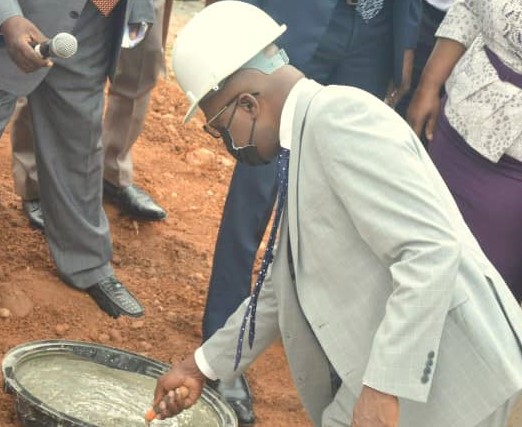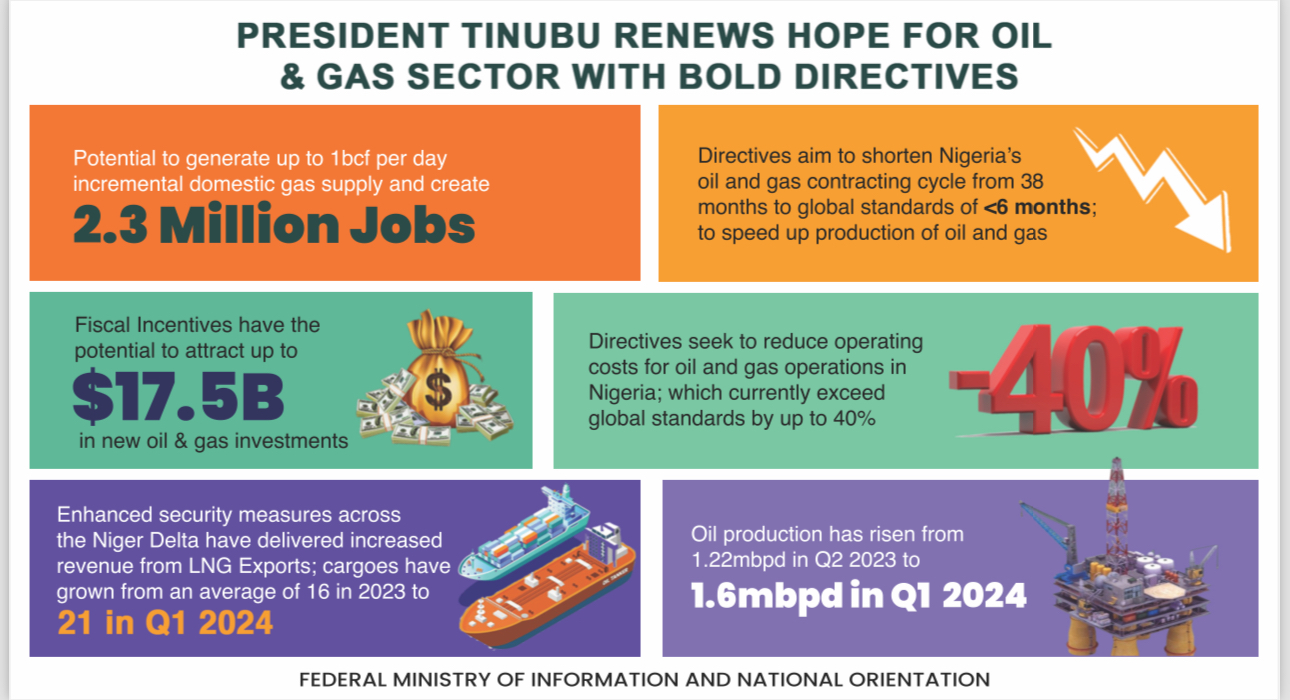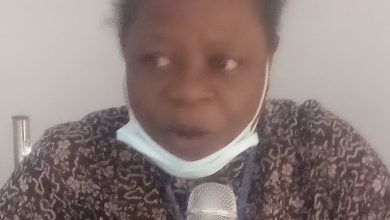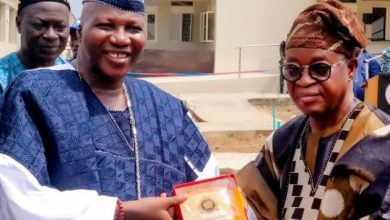Dapo Abiodun’s housing model in ogun
By Tunde Oladunjoye
“A man is not a man until he has a house of his own.” –Nelson Mandela
Housing is one of the five basic needs of human beings for earthly living and survival. It is therefore not surprising that housing has been a major topical issue for successive African governments, Nigerian inclusive.
According to psychologist Abraham Maslow, human beings’ physiological needs for food, water, clothing, shelter, and sleep must be satisfied in order for them to address more complex needs like mental and physical health, relationships, sobriety, long-term housing, and employment.
Maslow, in 1943, propounded the theory of Hierarchy of Needs that elaborated the five levels every human being must progress through to self-actualization. Most homeless people are seeking to achieve their physiological needs and the search for food, clothing, and shelter is prioritized above everything else.
While the United Nation’s statistics indicate that the housing deficits in Nigeria is estimated at about 22 million homes, analysts are of the view that the figure may double in the next 10 years. In fact, the issue of data and reliable statistics confront the housing sector negatively like many, if not all, sectors of the economy.
That the above scenario is dreaded and with potentially negative multiplier effects on the citizenry and economic prosperity of the nation, is incontrovertible. Therefore, all hands should be on the deck to ensure that the people “have roofs over their heads”.

It is the realisation of the importance of housing and the urgent need to bridge the gap of its acute shortage, that has made the Ogun State Government, under Prince Dapo Abiodun, to embark on aggressive housing programme, more than any administration in the annals of the State.
Previous initiatives in the housing sector have not been vigorously pursued and sustained, thereby leading to serious apathy on the part of the citizens. The government in this partof the world has confidence-deficit among the citizens; and justifiably so. It is either previous efforts are not sustained, or cancelled by succeeding administration or private sector collaboration collapsed as investors took loans and then disappeared into the wind. From experience, many governments’ housing projects do not go beyond tokenism or populist propaganda, with much noise in the air and little on the ground to show as accomplishments.
However, the housing schemes of Prince Dapo Abiodun have been greeted with a lot of positive enthusiasm. The Administration amazingly delivered 150 low-cost housing units of two-bedroom, three-bedroom and two-bedroom expandable flats at Prince Court Estate located at Kemta, Idi-Aba, Abeokuta, within three months into office. And before doubting ones could say, “let’s go and find out”, the 150 units were sold-out.
It was therefore not surprising that there was a serious rush for the next housing scheme of the government at Kobape, about ten minutes drive from the capital city of Abeokuta. The 300units at Kobape, which is almost ready for handover to lucky owners, have about 450 applicants. According to a source in the Ogun State Ministry of Housing, those who could not be accommodated in the ongoing scheme would be taken care of in the next phase. For now, a lid has been placed on the sales of application forms for the Kobape housing scheme.
The willingness of people to buy into the housing projects under the present dispensation is the biggest endorsement on the integrity of the Dapo Abiodun Administration. It is statestament of trust; and if one may add, it is not a common-place belief of the people in their government.

A recommendable aspect of the Dapo Abiodun housing revolution is the productive and complimentary synergies among the agencies of government in the housing sector namely, Ogun State Ministry of Housing, Ogun State Housing Corporation, Ogun State Property and Investment Corporation (OPIC) and the Gateway Mortgage Bank. These agencies compliment, rather than compete, with one another. The robust and mutually benefitting relationship has turned out positively for the benefit of Ogun people.
While the Ministry of Housing initiates and executes the general policy framework, the Housing Corporation caters primarily for low income earners and civil servants; OPIC takes care of high income earners; while the Mortgage Bank, solely or in collaboration with federal or private mortgage agencies, provides the financial instruments for projects and payments by beneficiaries or subscribers.
The previously poor-preforming Gateway Mortgage Bank has been reinvigorated with quality management structure and modern ICT backbone that places the bank shoulder-to-shoulder with commercial banks in terms of financial instruments, online banking and payments applications. A new Board of Directors, chaired by a chattered accountant and former Commissioner for Finance in Ogun State, Evangelist Samuel Durojaiye, is now effectively in place. All the agencies of government in the housing sector also have their CEOs or high-level representatives, including the State Commissioner for Housing, on the Board of the revitalised Gateway Mortgage Bank (GMB).
The housing estates been constructed by the current administration is not limited to the capital city of Abeokuta alone. Presently the state government’s housing schemes are simultaneously ongoing in all the senatorial districts of the state: Kobape, ljebu Ode, Sagamu and Ilaro. It has not been this good.
People of the state have also benefitted immensely in the area of employment and trade opportunities. More than five thousand professionals, artisans, service providers, suppliers, transporters, petty traders and so on, have benefitted and still benefitting from the massive housing projects of Governor Dapo Abiodun. The internally generated revenue of the state also got a boost as subscribers to the housing schemes have to pay for application forms and other sundry payments into the covers of Ogun State government while perfecting their applications for mortgage facilities. This is a typical strategy of putting Ogun money in Ogun economy.
To the keen observers of happenings in Ogun State for more than two years now, it was not surprising therefore, that the National Youth Council of Nigeria, Ogun State Chapter, a credible, non-political, not-for-profit and non-governmental organisation, named the Ogun State Commissioner for Housing, Hon. Jagunmolu Jamiu Akande Omoniyi, as the Outstanding Commissioner of the Year 2021. It is undeniably,a well merited award.
It is expected that more housing schemes will spring up in Abeokuta, Kobape and some other parts of Ogun State to meet the growing demands by the people; and in the concerted efforts of the Ogun Government to reduce housing deficits in the State. The Dapo Abiodun Housing Model is highly recommended for positive case study.
Tunde Oladunjoye, a social policy advocate, sent this via [email protected]
FOOTNOTE: You want to share story with us? You want to advertise with us? You need publicity/live coverage for product, service, or event? Contact us on WhatsApp +2348073463653 or email [email protected]
#features #opinion #penpushing #media






